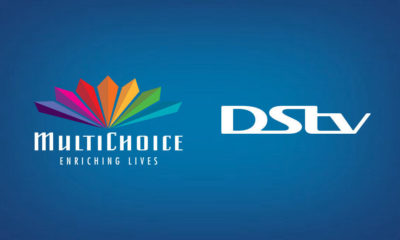Business
Coronavirus: NBA Suspends Remain Games this Season

Company News
NNPC E&P Ltd and NOSL Begin Oil Production at OML 13, Akwa Ibom State
Business
Nigerian Artists’ Spotify Revenue Surges by 2,500% in Seven Years
Business
Naira Depreciation Pushes Import Duty Costs Up by 23%
-

 Naira4 weeks ago
Naira4 weeks agoDollar to Naira Black Market Today, April 17th, 2024
-

 Naira4 weeks ago
Naira4 weeks agoDollar to Naira Black Market Today, April 18th, 2024
-



 Naira4 weeks ago
Naira4 weeks agoNaira Appreciates to N1,136/$ Officially, N1,050/$ Parallel Market
-





 Naira3 weeks ago
Naira3 weeks agoDollar to Naira Black Market Today, April 24th, 2024
-

 Commodities4 weeks ago
Commodities4 weeks agoCitigroup Predicts $3,000 Value Amidst Investor Surge
-



 News4 weeks ago
News4 weeks agoARISE News Channel Goes Global: Launches in Nine Southern African Countries
-



 Banking Sector4 weeks ago
Banking Sector4 weeks agoZenith Bank Leads as Restricted Deposits Hit N17.1 Trillion
-

 Travel4 weeks ago
Travel4 weeks agoAir Peace Flight Delayed, Passengers Stranded After Failed Promise of Hotel Stay
























